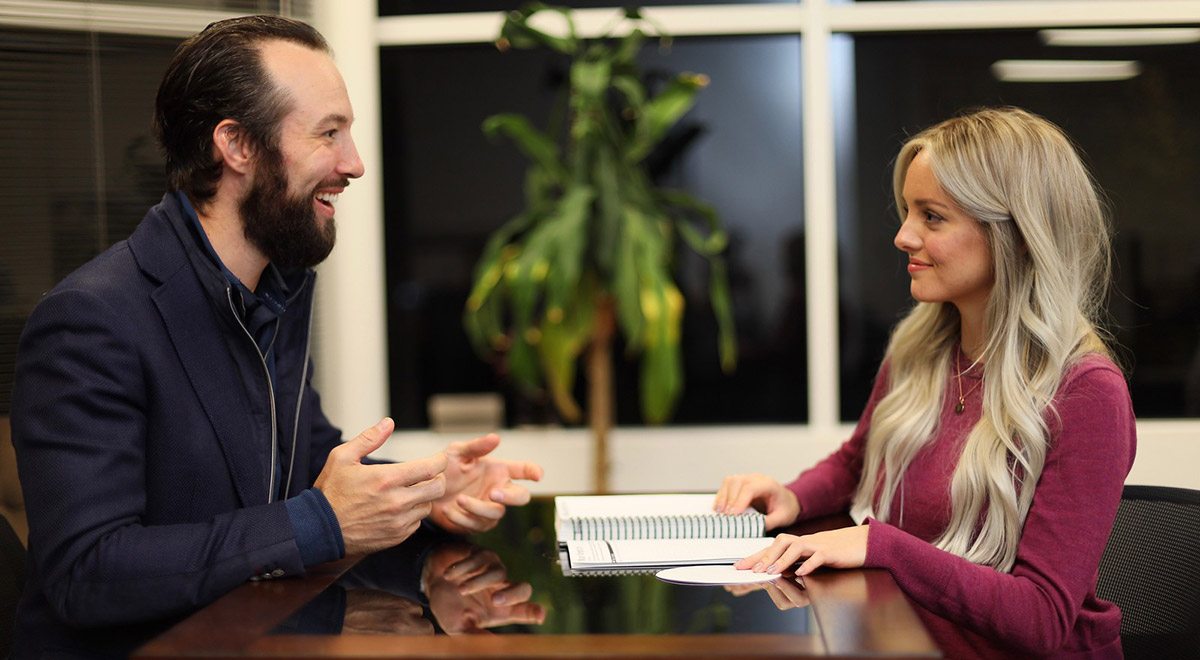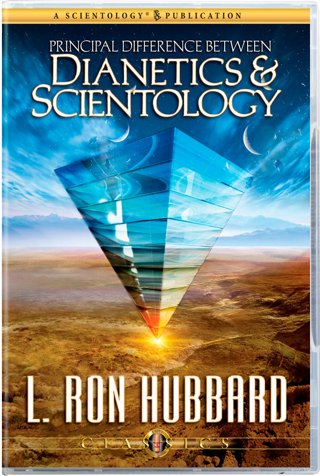The Basic Principles Of Dianetics
The Basic Principles Of Dianetics
Blog Article
Some Ideas on Dianetics You Should Know
Table of ContentsThe Greatest Guide To DianeticsThe 7-Minute Rule for DianeticsDianetics Can Be Fun For AnyoneThe Buzz on Dianetics
I couldn't ever not want to get anything that comes to mind for you- if it was or else, I would not be resting here with you, doing this. I not just can never have an issue, or otherwise wish to hear something that comes to mind for you, however I'm totally eager to recognize every concept, every thought, every image or sensation that arises or materializes for you- don't ever assume otherwise, and if for some reason you do, please just let me know! Often, you may have a thought, and picture, concept or incident appear that does not seem to answer the question, or relate to it, yet nevertheless, always do tell me concerning it, and as we continue, the relevance will emerge for you.This is inherent in the basis of processing, and the subject of this discussion: the standard roles of the therapist and the client: The standard function of the counselor is, contrary to "common training", not to regulate, which suggests to apply and/or prevent, yet to rather work from the basis of EMPOWERING THE CLIENT.

The Facts About Dianetics Revealed
John Mcmasters shared this standard reality splendidly well in one of his talks on Power handling, wherein he discusses exactly how he was asked what this "special knack" was that he had for offering such great sessions; he needed to think concerning that for a minute, and detected that it was what he had not been doing, along with what he was doing: he wasn't assessing, evaluating, computer, or as a matter of fact, producing any kind of ideas, let alone spoken expressions, after providing the command and while waiting on the computer to complete their response to their satisfaction; he was, simply and just, existing with the PC, and completely interested.
The role of the therapist, demonstrated; that was his "special flair". I have actually had my own experience which taught me this well, really at an early stage in the game. In 1982, having recently completed my training and teaching fellowship on New Period Dianetics, I was running this on a PC, and there was a factor in the session where (being a little bit wet behind the ears not yet having many hours under my belt as a specialist auditor) the computer seemed to be "taking too long" to express anything verbally after I provided him a command.
This key ended up being one of the most useful payment that John ever made to the subject this content of therapy or auditing (Dianetics). In my modest viewpoint, it is the greatest payment that anyone has actually ever made to these subjectsthe application is totally non-judgemental, non-evaluative, and without any kind of recommendation, guidance or opinion.no preconceived program for people, or 'degrees' that they must do
In Idenics, the only resource of details regarding a customer is the specific client. In Scientology we prided ourselves on not examining for individuals. All that really indicated was that the auditor did not VERBALLY review for the Computer in session. The registrars and principles policemans examined for the computer.
The Definitive Guide to Dianetics

Anybody that had actually ever seen John audit might not aid however notice a distinct quality in his bookkeeping."The client's standard function is to be there with the function of relocating the direction of their spiritual objectives, and to openly and totally share and experience whatever shows up for them in responding to the inquiries and implementing the directions in the processing.
This is something to procedure as required. However also, individuals frequently have previous experience and/or indoctrination in auditing/processing which, in some methods, and to some degrees, in fact deceives them into attitudes, ideas and actions patterns that protect against the complete realization of these roles, therefore they will have a tendency to inhibit the expressing of what enters your mind, as in the instances offered over. Discover More Here * The first, and probably leading instances of mis-indoctrination leading to much less than completely smooth and effective sessions, can be found in particular elements of the training regimens, or "TR's":"TR's" are usually a person's very first, or at the very least early, experience in Scientology, and while I will take place to discuss what I see as the problems in concept and technique, nonetheless, tend to be substantially therapeutic, done as they are provided (Hubbard firmly insists that "TR's are not refining, they are educating", yet factually, they are both handling AND training)
There is no "flunking", and no rejection of the fact of this being handling. The emphasis, as it needs to be, is on experiencing the other person's existence.
Dianetics for Beginners

Report this page